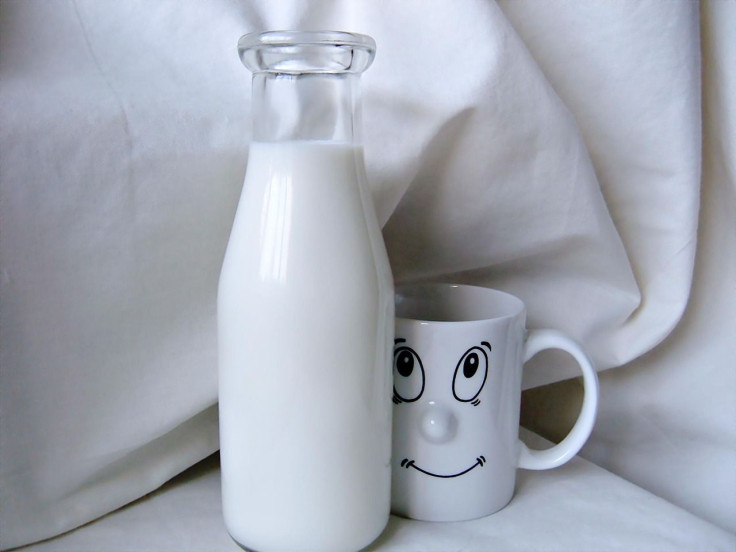Replacing Cow Milk With Soy Can Reduce Breast Cancer Risk Significantly: Study

KEY POINTS
- About 1 in 8 American women will develop invasive breast cancer in lifetime
- Per a new study, cow milk consumption increases one’s risk of breast cancer
- Switching to soy products and milk alternatives reduced breast cancer risk
About 276,480 new cases of breast cancer are expected in the U.S. this year. And new research pointed out that women consuming dairy milk are at higher chances of developing the condition.
Per the current U.S. Dietary guidelines, people are advised to drink three cups of milk daily. But the findings of the study published in the International Journal of Epidemiology found that consuming as little as ¼th to 1/3rd cup of daily cow milk was found to cause 30% higher breast cancer risk.
The researchers studied over 52,000 women in North America who didn’t have cancer at the beginning. Over the course of about 8 years, the women were tracked and about 1,057 of them had developed breast cancer. They found that consuming reduced-fat as well as full-fat dairy milk increased the risk of breast cancer.
“By drinking up to one cup per day, the associated risk went up to 50%, and for those drinking two to three cups per day, the risk increased further to 70% to 80%,” Slash Gear quoted the study’s lead investigator Gary E. Fraser.
The results of the study didn’t find any association between breast cancer risk and consumption of soy, yogurt, and cheese. They also found that switching to soy milk can make a significant reduction in breast cancer risk and indicates that milk-alternatives can be an optimal choice.
Soy foods contain chemo-preventive properties which have been attributed to soy isoflavones. They are structurally similar to 17-β-estradiol and can act as weak estrogens or block endogenous estrogens. Isoflavones also contain antioxidant properties and antiproliferative effects. Previous studies have also reported decreased breast cancer risk associated with soy intake. Also, the fact that vegans but not lacto-ovo-vegetarians experienced less breast cancer compared to vegetarians demonstrates the hazardous effect of dairy consumption.
About 75% of dairy cows who are a source of milk in modern dairy production are pregnant and are lactating. Several estrogen variants and progesterone can thus be found in dairy milk. These progestins influence breast development and studies have observed an increased risk of breast cancer in those taking these hormones as post-menopausal hormone replacement therapy.
© Copyright IBTimes 2025. All rights reserved.






















